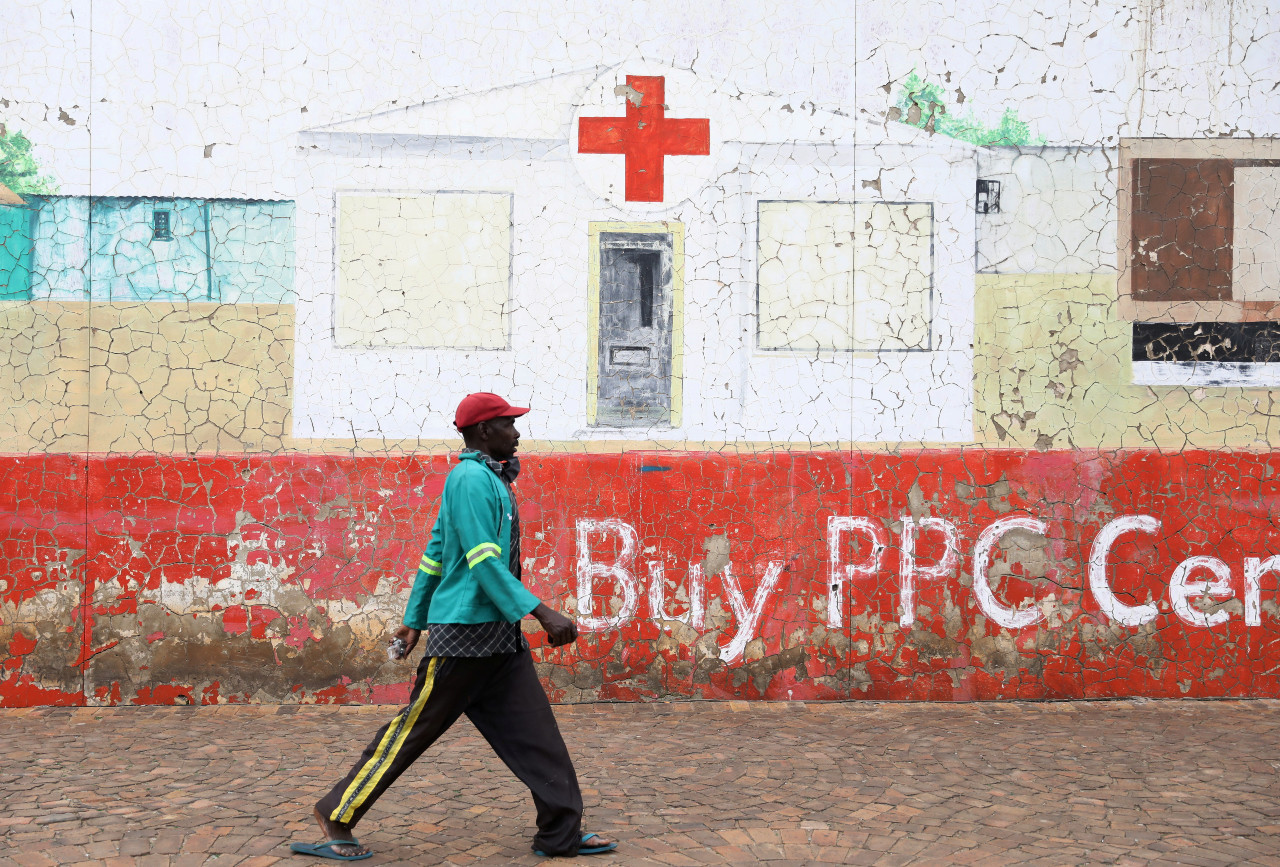Popular Reads
Top Results
Can't find what you're looking for?
View all search resultsPopular Reads
Top Results
Can't find what you're looking for?
View all search resultsOne in two South Africans has had Covid-19: estimates
The country worst hit by coronavirus in Africa has registered more than 140,000 excess natural deaths since May 2020, according to the South African Medical Research Council.
Change text size
Gift Premium Articles
to Anyone
A
round half of South Africa's population is thought to have contracted Covid-19, studies and statisticians say, suggesting the virus has claimed tens of thousands more lives than officially recorded.
The country worst hit by coronavirus in Africa has registered more than 140,000 excess natural deaths since May 2020, according to the South African Medical Research Council.
Leading private medical insurance Discovery estimates that around 90 percent of those fatalities are attributable to Covid-19, pushing the real death toll past 120,000.
Officially, South Africa has recorded close to 1.5 million coronavirus cases, of which just under 48,500 have been fatal.
But statisticians believe those figures are under-estimated.
Their findings are broadly consistent with coronavirus antibody surveys, which can detect whether a person has been infected with Covid-19 even after recovery.
A study released last week of almost 5,000 blood donors across four provinces found that between 32 and 63 percent of sampled individuals had contracted coronavirus since the pandemic started -- compared with clinically confirmed case rates of two to three percent.
Most antibodies were detected in the Eastern Cape and KwaZulu-Natal provinces, both epicentres of South Africa's second infection wave when it started in December, one month before the study was conducted.










